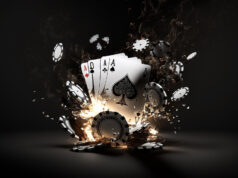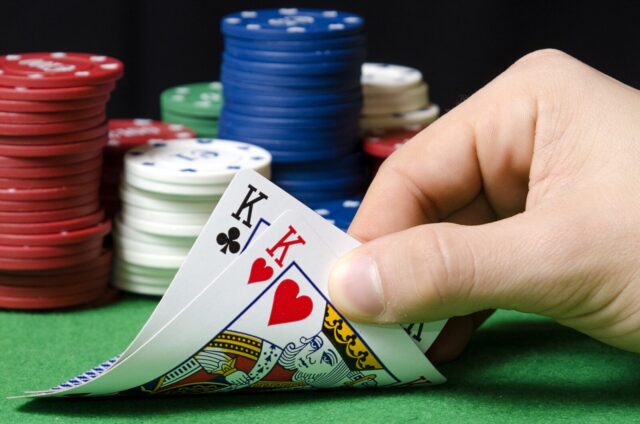
Gambling, a ubiquitous and enduring human pastime, has a rich history that spans millennia. From the earliest civilizations to the glitzy casinos of today, the allure of games of chance has captivated people from all walks of life. In this exploration of the history of gambling, we’ll delve into its ancient origins and trace its evolution through the ages, shedding light on the various forms it has taken and the societies that embraced it.
Early Forms of Gambling
Gambling, in one form or another, has existed since time immemorial. Early humans, seeking excitement and a chance to test their luck, found ways to wager. These early forms of gambling were often simple and primal, reflecting the basic instincts of humanity. As societies developed, so did the complexity of their gambling activities.
In ancient civilizations such as Mesopotamia and Egypt, gambling took on various forms. People would cast lots, throw dice, or use rudimentary devices to determine the outcome of bets. These activities were not merely entertainment; they often had cultural and religious significance. For instance, in Mesopotamia, the casting of lots was used to make important decisions and seek divine guidance.
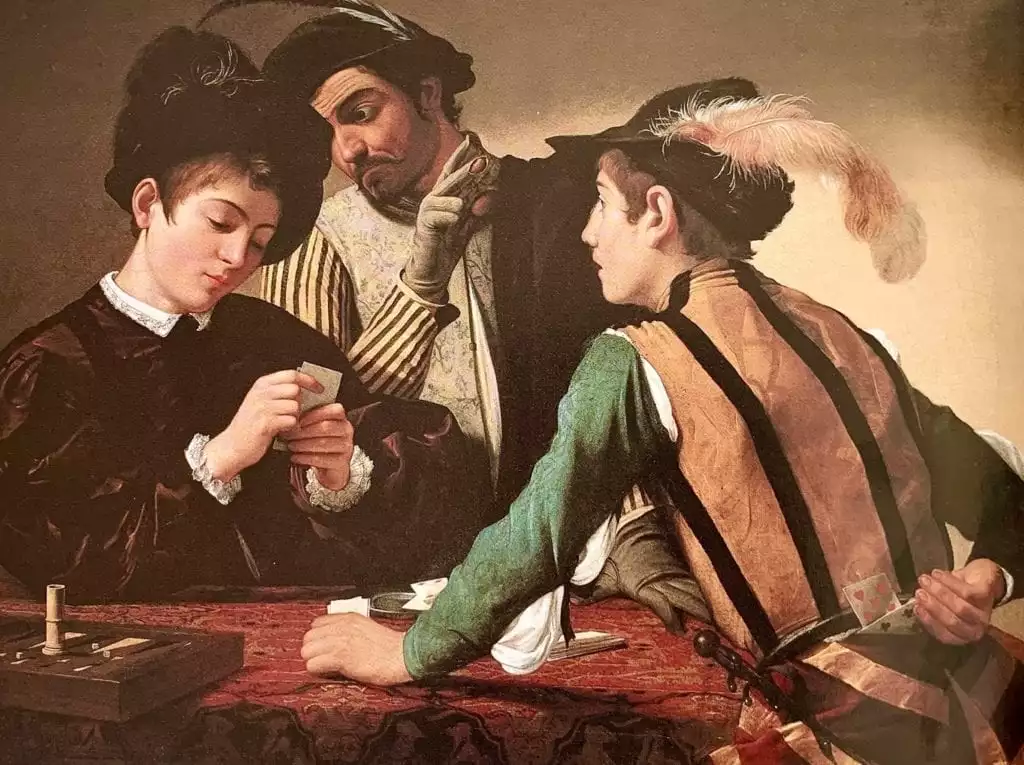
Ancient Dice Games
Dice games have a long history that stretches back to ancient times. One of the most iconic dice games, Craps, has roots that can be traced to the Roman Empire. However, the true origins of dice games are older, with dice-like objects found in archaeological sites dating back thousands of years.
Dice games were immensely popular in various ancient cultures, including the Greeks, Romans, and Egyptians. The appeal of dice games lay in their simplicity and the element of chance they offered. People from different backgrounds could come together and participate, making dice games a unifying social activity.
Card Gmes in Antiquity
While card games as we know them today didn’t emerge until much later in history, the concept of playing cards dates back to ancient times. The history of card games like Poker and Blackjack can be traced to China, where playing cards were first invented in the 9th century. These early cards were hand-painted and used for various games and entertainment.
Over time, playing cards spread to India and Persia, evolving into diverse sets with various suits and designs. In Europe, card games gained popularity during the late Middle Ages, with different regions developing their own unique decks and rules. The evolution of these games laid the foundation for the card games we enjoy in modern casinos.
Gambling in Ancient China
Ancient China has a rich history of gambling, with games like Pai Gow and Keno having their roots in Chinese culture. Gambling was a pervasive activity, enjoyed by people from all social strata. In fact, the Chinese invented the concept of paper money during the Tang Dynasty, partly to facilitate gambling transactions.
In addition to traditional games, the Chinese also engaged in betting on various activities, from cockfights to horse racing. These forms of gambling not only provided entertainment but also served as a source of revenue for the ruling dynasties.
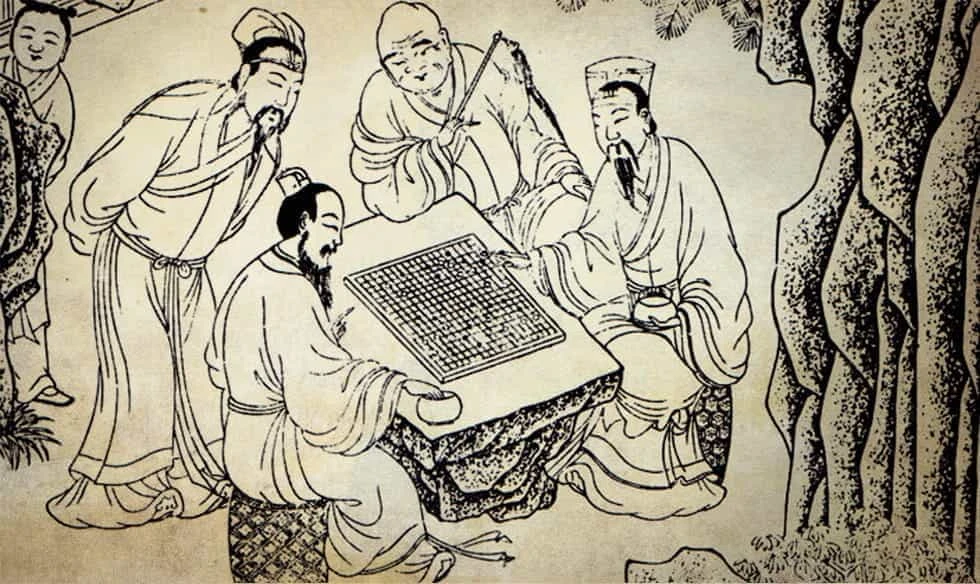
Ancient Egyptian Gambling
The ancient Egyptians, known for their fascination with the afterlife, incorporated gambling into their religious and social practices. Games like Senet and Mehen were played with a combination of dice and strategic moves, and they held spiritual significance.
Senet, for example, was believed to be a representation of the soul’s journey through the afterlife. It was not merely a game but a ritual that accompanied the deceased on their journey to the world beyond. Mehen, on the other hand, was a board game symbolizing the struggle between good and evil, with the serpent-shaped board representing chaos.
Betting in Ancient Rome
The Romans were notorious gamblers, and their love for games of chance extended to various aspects of their lives. Chariot races, gladiatorial combat, and dice games were among their favorite pastimes. The Colosseum, one of the most iconic Roman structures, witnessed intense betting on the outcomes of these spectacles.
Dice games, in particular, were a common form of entertainment in ancient Rome. The game known as “Tesserae” was akin to modern craps, where players would bet on the roll of dice. Gambling dens, similar to modern casinos, were established throughout the Roman Empire, catering to those seeking thrills and fortune. A sensation similar to excitement we have with the online slots today.
The Influence of Ancient Greece
Ancient Greece, the birthplace of democracy and the Olympic Games, also had a significant impact on the history of gambling. The Greeks introduced the concept of betting on athletic competitions, and the Olympics themselves had a betting component.
One popular Greek gambling game was “Kottabos,” a drinking game that required skill and precision. Players would attempt to flick wine from their cups into a target, with various rules and challenges making it a game of both luck and skill.
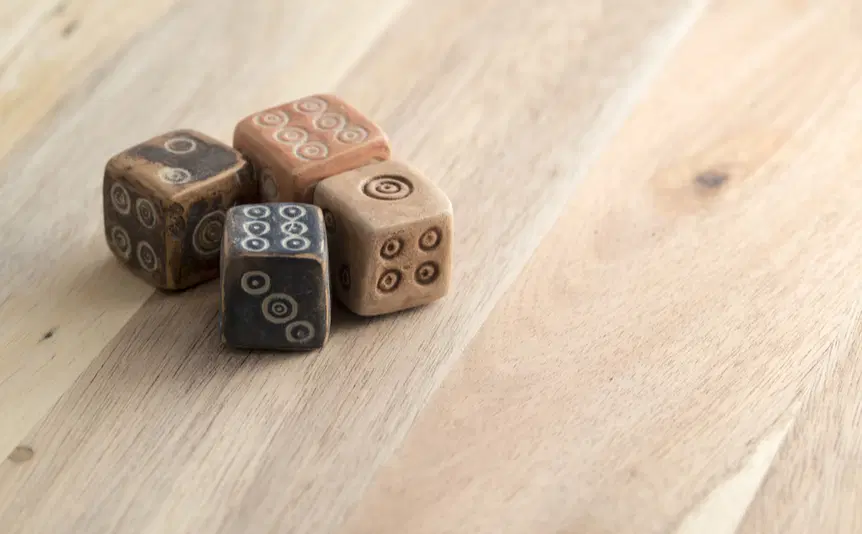
Gambling in the Middle Ages
Despite the cultural and technological shifts that occurred during the Middle Ages, gambling continued to thrive. The medieval period saw the emergence of new betting games, often with a religious or feudal theme. The development of playing cards during this time marked a significant step toward the card games we know today.
The popularity of gambling during the Middle Ages can be attributed in part to the limited entertainment options available at the time. People sought amusement and diversion, and gambling provided a means of escape from the challenges of daily life.
The Renaissance and Modern Casino Beginnings
Describe how gambling evolved during the Renaissance: During the Renaissance, gambling underwent significant changes as European society experienced a cultural and intellectual revival. The period saw the rise of more sophisticated games of chance, including lotteries and various card games. These games became increasingly popular among the nobility and aristocracy, adding an air of sophistication to gambling.
Explain the origins of the first modern casinos: The concept of the modern casino as we know it today emerged during the Renaissance. One of the earliest examples was the establishment of the Ridotto in Venice, Italy, in the early 17th century. The Ridotto was a public, legal gambling house that offered a controlled and formalized setting for various gambling activities.
Early Casino Adventures
In the 19th and early 20th centuries, casinos gained prominence in Europe and the United States. These early casinos often catered to the elite and offered a wide range of gambling activities, from card games to roulette and slot machines. They played a significant role in shaping the culture of leisure and entertainment during this era.
Everal iconic casino resorts emerged during this period. One of the most famous is Monte Carlo in Monaco, known for its luxurious setting and high-stakes gambling. Additionally, the Casino de Spa in Belgium and Baden-Baden Casino in Germany attracted elite clientele from around the world.
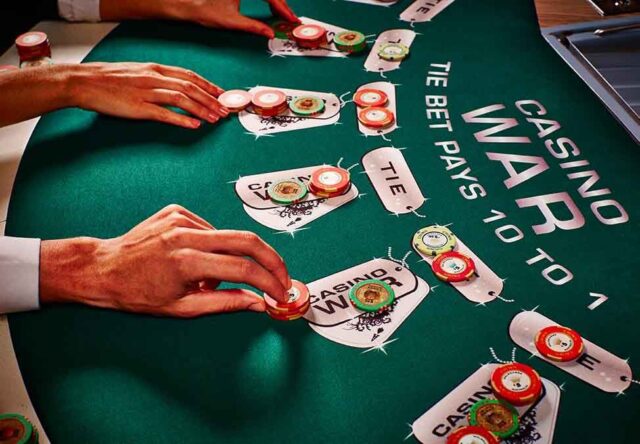
Conclusion
The history of gambling is a fascinating journey that spans from ancient civilizations to the modern era. It has evolved from simple games of chance to sophisticated, regulated casinos. Along the way, gambling has been woven into the fabric of societies, serving various cultural, economic, and entertainment purposes.






